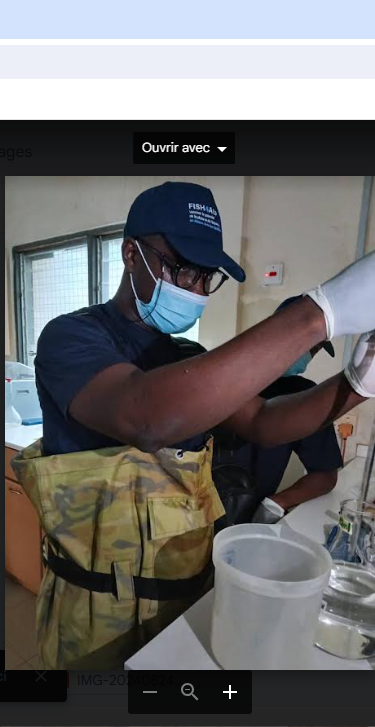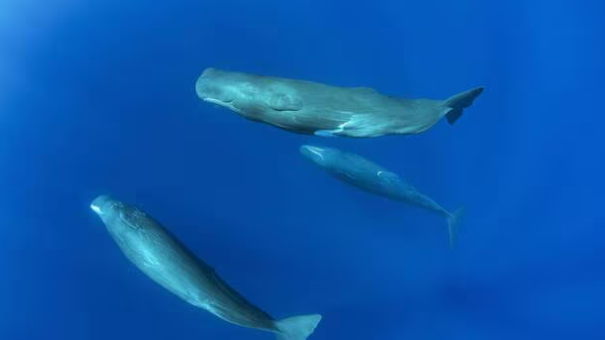A training session on fry production was conducted at the Aquaculture Research and Development Center (ARDEC) in Akosombo, Ghana, the second-largest aquaculture producer in West Africa after Nigeria, and the leading tilapia producer with over 89,000 tons in 2021.
From August 5 to 23, 2024, ten technicians, including five from public stations of the Ivorian Ministry of Animal and Fisheries Resources and five from private fry-producing farms, participated in this training.
This capacity-building session is part of the support provided by the FISH4ACP program of the United Nations Food and Agriculture Organization (FAO) to the Ivorian government.
Through this initiative, Ivorian authorities aim to increase aquaculture production by 2030 and achieve self-sufficiency in fish, particularly tilapia, underscoring the need for mastery in fry production techniques.
« The training aimed to allow Ivorian fry technicians to visit and learn from Ghana’s models and practices in fry production management, as Ghana is an advanced neighbor in this field, » explained Mrs. Djiré Foungnigué, National Coordinator of the FISH4ACP Program in Côte d’Ivoire.
She further noted that the training also aimed to « enhance their productivity and provide robust and uniform male fry, free from diseases and deformities, capable of meeting the demand for high-quality fry from national fish farmers. »
South-South cooperation can provide solutions tailored to our national context due to our proximity to Ghana (similar development levels, similar natural conditions), Mrs. Djiré Foungnigué emphasized.
During the training, technicians strengthened their knowledge in various areas, including the selection and management of broodstock, spawning preparation and management, water quality management, and the production of monosex male fry (including feed preparation and rationing, hormonal sex reversal, and fry harvesting).
They also became familiar with general fry management, egg and fry counting methods and procedures, data record keeping, biosecurity, and health management.
At the end of the training, the technicians felt equipped to tackle the challenge of ensuring a continuous supply of fry in Côte d’Ivoire, which faces a significant deficit in fish production.
« Once back in the country, this training will help me improve fry production in both quantity and quality, » testified Miss Edwige Kossonou Adja, a fisheries technician at the Assoumoukro fry station in Abengourou (Eastern Côte d’Ivoire).
Mr. Stéphane Kouamé Koffi, an aquaculturist at the Ouattara N’Golo farm in Daloa (Western Côte d’Ivoire), promised to pass on the acquired knowledge to tilapia fry producers, particularly on best practices for producing monosex male tilapia fry.
The FISH4ACP Program is an initiative of the Organization of African, Caribbean, and Pacific States (OACPS) aimed at ensuring the sustainability of fisheries and aquaculture value chains.
The initiative seeks to contribute to food and nutritional security, economic prosperity, and job creation by ensuring the economic, social, and environmental sustainability of fisheries and aquaculture in Africa, the Caribbean, and the Pacific.
The FISH4ACP Program is implemented by the Food and Agriculture Organization (FAO) and is funded by the European Union (EU) and the German Federal Ministry for Economic Cooperation and Development (BMZ).
The program supports the tilapia aquaculture value chain in Côte d’Ivoire through the implementation of a decade-long value chain upgrading strategy developed collaboratively with value chain stakeholders.
Source: apanews



